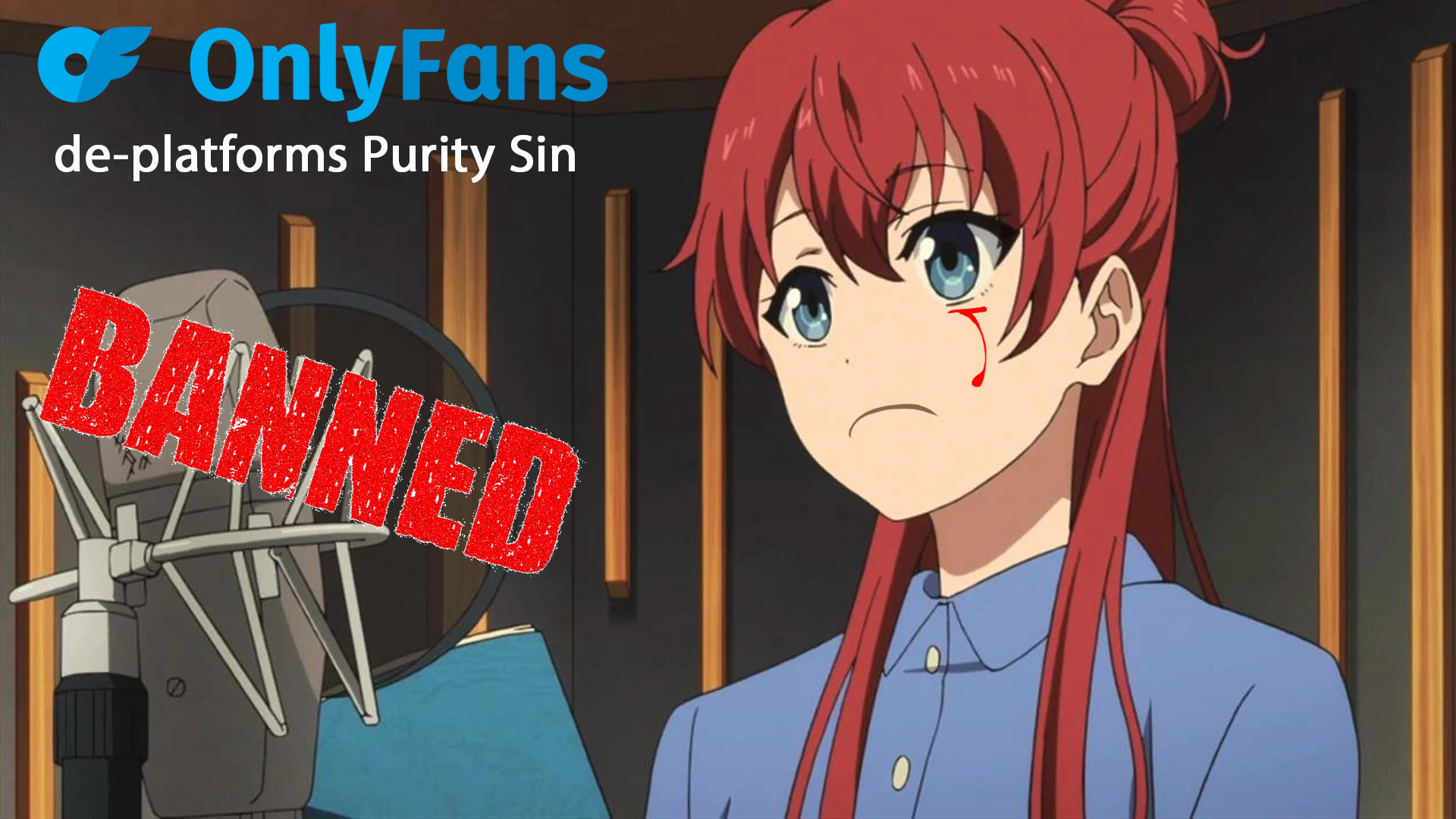Written by Happiness+
Hello, I am Happiness+. I have been a developer of visual novels (VNs) since 2016. Initially, I served as the lead writer at Nachi Studios, before transitioning into a coding role, and eventually becoming the Director of Software Engineering at Watercress. I have several releases under my belt. Additionally, I serve as one of the bosses and the webmaster of Fuwanovel. Considering the abundance of Ren’Py tutorials available, I thought it would be useful to explain how visual novels are typically made. Today, we will be focusing on the writing aspect. Hentaicoop.com!

Narrative and Original Concept
During a dev cycle, the first thing that happens is that writers form a room. VN writing is not like novel writing at this point. Instead, what happens is that you form a brainstorming meeting to come up with an original concept. These meetings can be hours long or even days since without having an established theme, everything will fall apart.
Themes and Motifs
Theme – is the core message of the story. It’s the thesis of the dissertation. Writers in the room will debate on which theme the story should go in, if the story is a sequel, the process is a little more complex. But a narrative lead, aka writing director, facilitates the meetings for writers to discuss, debate, and propose a theme.
Motifs are like subthemes to me. They are recurring messages, that elevate the theme. If you’re writing a thesis, think of motifs as supporting arguments behind your core argument. These can be scenes that illustrate the theme in profound ways or short stories within the story that deliver that core message.
After the core theme is established, motifs are narrowed down. You need to decide if your story will adopt a kinetic approach or nonlinear approach. For now, we will focus on the nonlinear aspects
Routes and/or endings
The best visual novels often adopt a nonlinear approach, a growth from their origins in dating sim mechanics. Routes, often handled by individual writers, represent branching plotlines or character arcs.
The reasoning behind giving particular routes or endings to individual writers is that it allows them a certain degree of freedom. This freedom allows writers to focus on the characters and make them standout from each other.
 Having a unified voice
Having a unified voice
You may have noticed that having a unified theme with a bunch of writers is a challenge. But this challenge is mitigated by having an editor and performing read-a-longs with the rest of the crew. Some may say that having this boardroom approach to writing can lessen the blow of a deep personal narrative. The compromise I put forward is what I saw throughout my years at various studios like Nachi and Watercress. It’s really hard to tell a coherent narrative with a team without making a theme first. Once you have a theme and motifs outlined. Then you find people to write routes, endings, and particular scenes accordingly. But you might need an editor.
Why do you need an editor? Historically, visual novel writing rooms already operate writing workshops to some degree, but there comes a point when you need to standardize voices and style. Every author needs an editor and every editor needs a style guide. Personally, I recommend the chicago style guide this handy guide got me through college and was recommended to me by Orson Scott Card during a workshop I had with him back in 2017.
OnlyFans De-Platforms Popular Hentai Voice Actress
Watercress actually has their own style guide. It outlines typography, grammar, and style. The chicago style guide is really handy when it comes to the mechanics of grammar and syntax. But writers need to learn how to create sentences that flow like butter. I recommend the book: Artful Sentences. It’s a phenomenal book for literary English and how to turn your everyday voice into literary beauty.
While I don’t recommend making a style guide right off the back. There is a lot to be learned from reading those books and figuring out a unified style for the visual novel you are working on. Let’s delve bit deeper into editing.
On editing
Editing is not fun. Honestly, I am not sure if it’s meant to be fun because.
A. You’re checking someone else’s rough drafts, like it could be really rough.
B. It’s more technical than artistic. You are looking for grammar, misspellings, or plot errors or character errors.
C. You can’t use your voice to correct them, you gotta go by a style guide.
D. You could open up an argument on the literal placement of commas or why they used.
E.
F. With all this in mind, it’s still of super importance because you can’t always have the luxury of some studios. Editing is a crucial, albeit less artistic, part of VN development. It involves technical checks for grammar, plot consistency, and stylistic adherence Therefore, I strongly recommend having a separate editor to go over all scenes for quality assurance..
G.
H. I have seen studios, like Sarchalen, leverage their own writers as editors. This works best in small teams (where the writing team is like four people tops). But once you’re dealing with a whole department (it’s normal to have eight writers). Having an editor or two helps because writers hate one thing.
I.
J. Rewriting.
K.
L. Most editing jobs are basically refactoring to some degree. Worst case scenario, the editor would ask the writer to redo the whole scene because it fails on several goals outlined from the writing meetings. Sometimes, if the scene is short enough. The editor would rewrite the scene, but this isn’t recommended at all. Namely because editors shouldn’t be rewriting scenes at all. It takes time away from editing other scenes from other writers and will needlessly prolong the development process.
M.
N. In conclusion, we only grasped the surface of this topic. Hopefully, you have a better idea on what makes a visual novel, a novel.




1 comment
That was very interesting. Is your ” writer’s room” in person (as with tv development) and thus limited to local staff and freelancers, or is it virtual (e.g., a chat room)? Is the same approach taken by Japanese VN developers?
The importance of theme (and motifs) seems like a good thing to emphasize. I’ve never written a visual novel (though in al long time ago I wrote an official novelization for a major computer game), but have written a half-dozen or so “choose your own adventure” style gamebooks. I know that I’m completely lost until I have a good theme that helps me me think up events and storylines. VN text, of course, is usually at least several novel’s worth of branches, so what you say about motifs is well taken.
Do Watercress, etc. writers pay writers significant fees or royalties? I had the impression that English language VNs were not yet a huge market compared to other games, but the mention of writer rooms with multiple authors (and watercress having 50+ people) suggests that either English VN is doing better than I thought or profits per person are kept low. Unless by “writer room” you just meant a couple of people, of course, rather than what TV shows do!